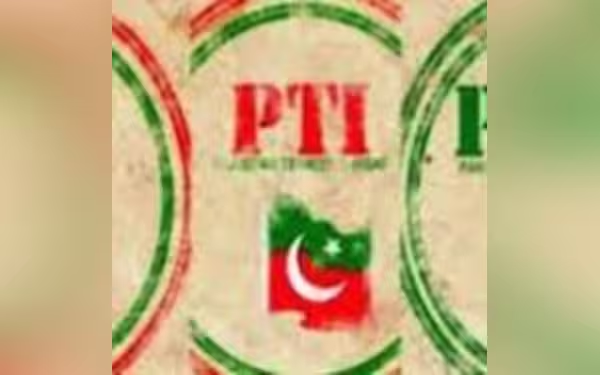Sunday, June 30, 2024 06:33 PM
Supreme Court of Pakistan suspends reserved seats allocation
- Supreme Court suspends actions by PHC and ECP regarding reserved seats
- PTI welcomes Supreme Court's intervention in suspending PHC verdict
- Farmers announce countrywide protests over government's failure to procure wheat
 Image Credits: pakistantoday
Image Credits: pakistantodayThe Supreme Court of Pakistan suspends actions by PHC and ECP regarding reserved seats, leading to political tensions and countrywide protests over wheat procurement issues. The PTI welcomes the intervention, highlighting the importance of transparency and accountability in governance.
The Supreme Court of Pakistan has made a significant decision regarding the allocation of reserved seats to political parties, suspending the actions taken by the Peshawar High Court and the Election Commission of Pakistan. This development comes after the federal government raised concerns over the handling of the matter, emphasizing the need for a larger bench to address the issue.
A three-judge bench, led by Justice Mansoor Ali Shah, has granted leave to appeal and postponed further proceedings until June 3. The bench unanimously decided to suspend the ECP's decision to re-allocate reserved seats to other political parties. Additionally, the PHC dismissed a petition from the Sunni Ittehad Council challenging the ECP's ruling on reserved seats.
Following these decisions, the Pakistan Tehreek-e-Insaf (PTI) welcomed the Supreme Court's intervention, particularly in suspending the PHC verdict on reserved seats. The PTI leader also made allegations against Prime Minister Shehbaz Sharif regarding a wheat import scandal that purportedly caused losses to the national exchequer.
In response to the government's failure to procure wheat at fixed prices, farmers have announced countrywide protests. The PTI has expressed support for parties that view the current coalition government as 'illegal' and has criticized the opposition for alleged restrictions on holding political rallies.
In conclusion, the Supreme Court's actions have brought attention to the complex dynamics of political decision-making in Pakistan, with implications for various stakeholders. The ongoing developments underscore the importance of transparency and accountability in governance, as well as the need for robust mechanisms to address disputes and uphold democratic principles.













